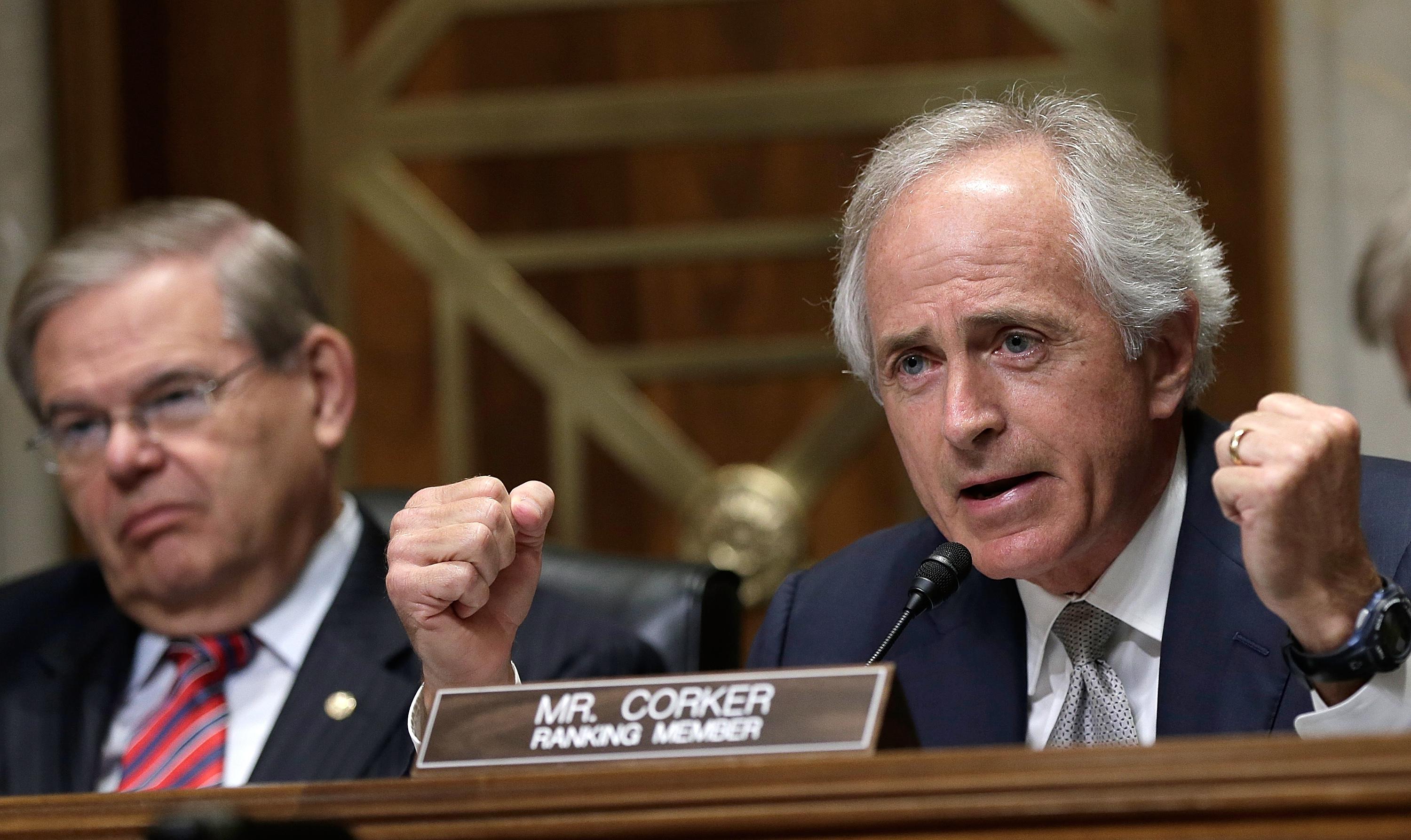Stan Collender performs a ritual dance of media-shaming over the budget deal. He’s convincing in parts, as when he points out that Republicans immediately confirmed that the deal would not prevent future demands for debt limit increases, or how the pundits crediting the deal to “bipartisanship” are willfully ignoring how the negotiators punted on everything difficult. (These pundits will probably be punished with lucrative Bloomberg View columns.) He’s largely right about this, too:
There still could be, or likely will be, a fight in January over the amount being spent and what it is being spent on when the widely expected omnibus appropriation is debated. The deal provides a ceiling on the amount that may be spent rather than a guarantee and some members of Congress will want to re-litigate the increase that was negotiated in this agreement. Others will threaten to vote against the omnibus because they disagree with the bill’s priorities.
Yes, that’s the downside of agreeing to a deal because everyone wants to go home for Christmas. Eventually, Christmas ends and people want to negotiate a better agreement. After he voted “no” on the budget, Tennessee Sen. Bob Corker reminded reporters that there wasn’t actually a hard funding deadline for the government until mid-January. Unless there’s a pre-Martin Luther King Day rush, there’s nothing stopping Republicans from picking a fight anew.
So why did my coverage make it sound like the deal mattered? It did in one way: It blinked out the hopes Republicans and deficit scolds had for a “grand bargain” in 2013. In January, as Rep. Justin Amash reminded me in our end-of-year wrap interview, Republicans punted on the debt limit in order to reshuffle the order of the year’s fiscal crises. “We’re discussing the possible virtue of a short-term debt limit extension so we have a better chance of getting the Senate and the White House involved in discussions in March,” Paul Ryan explained at the time.
But March never came. (Metaphorically speaking. I do seem to remember living through a month called March.) At no point in the year could Republicans force Democrats to negotiate on long-term automatic spending. That’s over now. There’ll be no reason next year, before an election, for Democrats to bend on entitlements. There’ll be war between the parties in 2014, but at this point Washington has to start paying more attention to the unsexy poverty programs and defense waste that will actually be part of negotiations.
